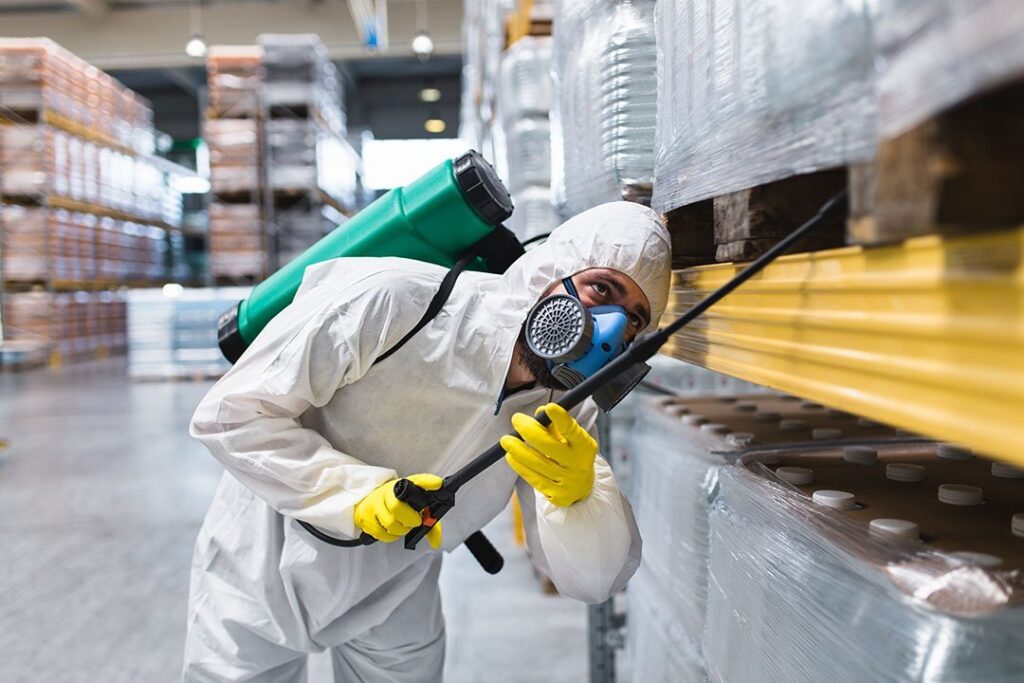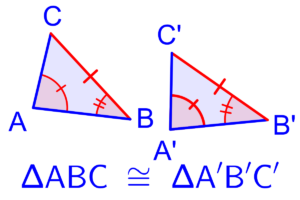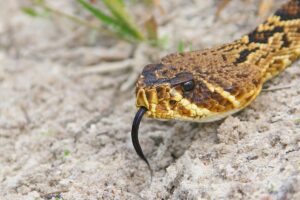
Importance of Pest Control
Pest control plays a vital role in maintaining a healthy and hygienic environment. Pests such as insects, rodents, and wildlife can pose various risks to human health, property, and the ecosystem. Effective pest control helps prevent the spread of diseases, minimize property damage, and preserve natural resources to get Pest Control Pittsburgh.
Role of Professional Pest Control Services
Professional pest control services are essential for addressing pest infestations in homes, businesses, and public spaces. Pest control professionals are trained and equipped to identify pest problems, assess infestation levels, and implement targeted solutions. They utilize a combination of preventive measures and treatment strategies to eradicate pests and prevent future infestations.
Overview of Pest Control Methods
Pest control methods encompass a range of techniques aimed at eliminating or managing pest populations. These methods may include chemical, mechanical, and biological approaches. Each method has its advantages and limitations, and pest control professionals tailor their strategies based on the specific pest problem and environmental considerations.
Common Pest Problems
Insects
Ants: Ant infestations are common in homes and businesses, particularly during warmer months. Various ant species, such as carpenter ants and odorous house ants, can cause structural damage and contaminate food supplies.
Cockroaches: Cockroaches are resilient pests that thrive in warm, humid environments. They can spread diseases and trigger allergies and asthma attacks in susceptible individuals.
Bed Bugs: Bed bugs are parasitic insects that feed on human blood. Infestations often occur in bedding, furniture, and other areas where people sleep, leading to discomfort and potential health issues.
Rodents
Mice: Mice are prolific breeders and can quickly infest homes and businesses. They contaminate food, chew through wiring and insulation, and pose health risks through the transmission of diseases such as salmonellosis and hantavirus.
Rats: Rats are larger rodents that can cause significant property damage and pose health risks to humans and pets. They are known carriers of various diseases, including leptospirosis and rat-bite fever.
Squirrels: Squirrels are common nuisance pests that often invade attics and crawl spaces in search of shelter. They can cause damage to insulation, wiring, and structural components while nesting.
Wildlife
Raccoons: Raccoons are opportunistic feeders that can cause damage to homes and gardens while searching for food. They may also carry diseases such as rabies and roundworm, posing risks to humans and pets.
Skunks: Skunks are known for their defensive spray, which can cause unpleasant odors and irritation. They may dig up lawns and gardens in search of grubs and other food sources.
Birds: Birds such as pigeons and sparrows can create nuisance problems by roosting on buildings and structures. Their droppings can cause damage to property and pose health risks through the transmission of diseases.
Benefits of Professional Pest Control Services
Expertise and Experience
Professional pest control technicians undergo extensive training and certification to acquire the knowledge and skills necessary for effective pest management. They have a deep understanding of pest behavior, biology, and control methods, allowing them to develop customized solutions for each unique situation.
Customized Solutions
Professional pest control services offer tailored solutions to address specific pest problems. Pest control technicians conduct thorough inspections to identify the type and extent of infestation, then implement targeted treatments to eradicate pests and prevent future recurrence. These customized solutions ensure effective pest control while minimizing environmental impact and risks to human health.
Safety and Health Considerations
Pest control professionals prioritize safety and adhere to strict guidelines and regulations when implementing pest control measures. They use safe and approved products and application methods to minimize risks to humans, pets, and the environment. Additionally, professional pest control services help protect against the spread of diseases and allergens associated with pest infestations.
Pest Control Methods
Chemical Methods
Insecticides: Insecticides are chemical substances designed to kill or repel insects. They may be applied as sprays, baits, or dusts and target specific pests or pest groups. Insecticides vary in toxicity and persistence, and pest control professionals select the most appropriate products based on factors such as pest species, infestation level, and environmental considerations.
Rodenticides: Rodenticides are chemical formulations used to control rodent populations. They may be formulated as baits or tracking powders and are designed to be palatable to rodents while remaining toxic to them. Rodenticides are strategically placed in areas frequented by rodents and monitored to ensure effective control and minimize risks to non-target species.
Mechanical Methods
Traps: Traps are devices used to capture and eliminate pests such as rodents and insects. They come in various designs, including snap traps, glue traps, and live traps, and are selected based on the target pest and the desired outcome. Traps are effective for monitoring pest activity, reducing populations, and providing non-toxic control options.
Exclusion Devices: Exclusion devices are physical barriers used to prevent pests from entering buildings and structures. Examples include door sweeps, window screens, and mesh vents, which are installed to seal gaps and openings that pests may use for entry. Exclusion devices are an essential component of integrated pest management strategies and help prevent pest infestations by denying pests access to indoor spaces.
Biological Methods
Biological Controls: Biological controls involve the use of natural enemies to regulate pest populations. Predatory insects, parasitic wasps, and microbial agents are examples of biological control agents that target specific pests and disrupt their life cycles. Biological controls are often used in conjunction with other pest control methods to enhance effectiveness and reduce reliance on chemical pesticides.
Predatory Insects: Predatory insects such as ladybugs, lacewings, and praying mantises are natural enemies of many pest species. They feed on pest insects and help keep populations in check, reducing the need for chemical treatments. Predatory insects are often introduced into garden environments to provide long-term pest control benefits.
Choosing the Right Pest Control Service
Research and Reviews
Before selecting a pest control service, it is essential to conduct research and read reviews from previous customers. Online review platforms, industry associations, and referrals from friends and family can provide valuable insights into the quality and reliability of pest control companies.
Certification and Licensing
Ensure that the pest control service you choose is properly certified and licensed to perform pest management activities in your area. Certification and licensing requirements vary by state and may include training, testing, and ongoing education to ensure compliance with industry standards and regulations.
Cost and Service Guarantees
Consider the cost of pest control services and compare quotes from multiple providers to find the best value for your budget. Additionally, inquire about service guarantees and warranties offered by pest control companies to ensure satisfaction with the results. A reputable pest control service will stand behind their work and offer solutions if pest problems persist after treatment.
In conclusion, pest control services are essential for maintaining a pest-free environment and protecting health and property. By understanding common pest problems, utilizing effective pest control methods, and choosing the right pest control service, individuals and businesses can achieve long-term pest management success. Whether facing an infestation or implementing preventive measures, professional pest control services offer expertise, customized solutions, and peace of mind for a pest-free living environment.




